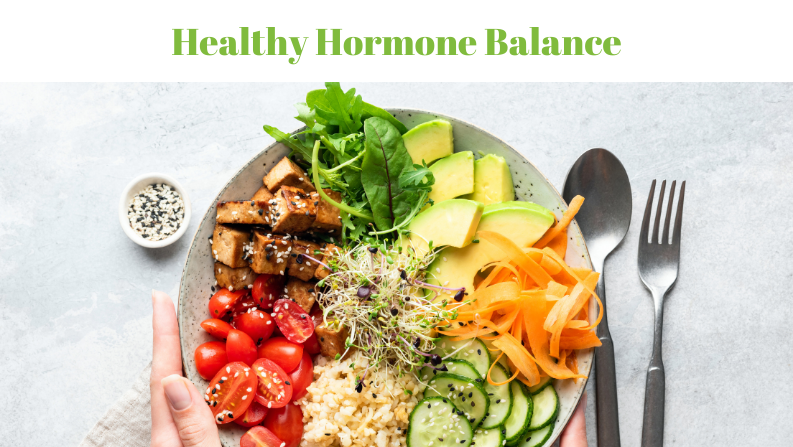Hormone balance can have a major impact on your health and the reverse is true as well. When you have a hormonal imbalance, you may not feel well. Unexplained weight gain, tiredness, acne, dry skin, sleep problems and PMS, if you are not already in menopause, can all be subtle signs that your hormones aren’t as balanced as they could be. A lot of things can alter the delicate balance of your hormones and diet is one of the factors that can do this. Looking at your diet can be one of the simplest ways to start to balance your hormones and improve hormone health.
Eat Protein at Every Meal
Protein is a really underrated way to balance your hormones, especially insulin and estrogen. Lean meats, fish, eggs and beans are all great examples of ways to up your protein intake. Fatty fish such as salmon and mackerel are super smart protein choices as they contain anti-inflammatory omega 3 fatty acids.
Red meats are in a grey area as they can increase inflammation, and this can increase the chance of developing a hormone imbalance. Red meats also increase the production of estrogen which can also create an imbalance.
When you choose to eat a meat protein vs a plant-based protein like beans, legumes or nuts, make sure that you are eating whole fresh meats and not processed meats. I always say, “whole food mostly plants” and processed meats don’t fit into that category. Processed meats include bacon, salami, other lunch meats, sausage, hot dogs, beef jerky and canned meats as well.
Eat Carbs and Healthy Fats Too
Along with protein, you’ll also want to include carbohydrates and healthy fats. These three macronutrients are key to balancing your hormones. Ideally, like with protein, carbs and healthy fats should be included in every meal. For fats, choose olive oil over vegetable oils, for example. Vegetables oils and margarine are full of inflammatory omega 6 fatty acids. Include avocado, nuts, and seeds for a nice dose of healthy fat and don’t forget to load up half your plate with veggies and another quarter with some whole grains like brown rice or quinoa for some carbs!
Support your Gut with Probiotics
If you’re not already eating probiotics, you’re missing out on a great way to support hormone health. Probiotics help to reduce inflammation and balance hormone production. You can add probiotics by eating fermented foods like yogurt (not the sugar sweetened kind), kefir, kombucha, sauerkraut, and tempeh. You can also add a probiotic supplement, but I’d prefer it if you increased your food options.
Eat Plenty of Fiber for Hormone Balance
Eating lots of fiber isn’t just great for your digestive health. It can also bind to estrogen and help to reduce some of the effects of excess estrogen. But what does lots of fiber mean? Women should aim for 25 grams per day while men should strive for 38 grams. When you eat a whole food mostly plants diet, you will quite easily reach this mark. Be careful not to jump right to that high amount if you currently are eating that much, you may have some gas and bloating as you get used to it.
Avoid High Glycemic Foods for Hormone Balance
Foods that rank highly on the Glycemic Index increase insulin levels and alter the way that your body uses estrogen. They’re also inflammatory and can raise your levels of the stress hormone, cortisol. Refined carbs such as processed foods made with white flours are a big culprit for hormone imbalances, as well as sugar sweetened beverages, and highly processed foods that are sugar sweetened. This is mostly due to their inflammatory nature. Eating more low GI foods helps to balance hormones.
Soy Can be a Problem
If you already have an excess of estrogen, soy can be an issue. It contains some natural estrogens know as phytoestrogens, so it stands to raise your levels of this hormone even more. This is good news if you have low estrogen levels, but it can be a problem if your levels are already on the high side due to factors such as contraceptive pills and hormone mimicking toxins from your lifestyle.
Soy contains isoflavones, which can increase the effects of hormones such as estrogen. The end result? You can end up with much higher estrogen levels than you realize, and this can present itself in problems such as heavy periods, bloating, acne, chronic headaches and mood swings.
There’s another problem with non-organic, GMO soy products too. They can often contain a chemical called glyphosate. And guess what? This is another known hormone disruptor. Fermented soy products avoid this, as do non GMO, organic options.
You might find soy to be an issue if you follow a vegan eating pattern, as many vegan friendly foods are made with soy, and you can easily find yourself eating a lot of it.
If you suspect that your levels are already high, soy may be something you decide to stay clear of completely. Talk with your healthcare provider if you think soy could be disrupting your estrogen levels.
Processed Foods Need to Go
I mentioned processed meats earlier as well as other processed carbohydrates, but I wanted to go into it a little bit more here. Processed foods are another one to avoid because they can significantly raise estrogen levels. Experts suggest eating a diet high in processed foods and refined sugar can lead to estrogen levels that are as much as double the “normal”, healthy levels. If you’re worried that your estrogen levels are on the high side, cutting back on or eliminating completely processed and sugary foods is important. In addition to eliminating processed foods, other ways to decrease estrogen levels is by reducing processed fats and alcohol. Eating more fiber, especially from fruits and vegetables, and following a low GI diet can also bring estrogen levels back in balance again.
Ditch Caffeine and Alcohol
I already mentioned that alcohol can increase hormone production but so can caffeine. Drinking a lot of caffeine can raise cortisol levels and can also have an impact on the adrenal glands. This can have a knock on effect for lots of areas of your health, from sleep to digestion. Alcohol has been linked to “estrogen dominance” and can potentially increase insulin resistance and lower testosterone levels. I suggest not more than 400 mgs of caffeine a day. That means not more than 4 cups of coffee and less is better.
Want help with figuring out what is best for your body? Let’s chat. Email me to schedule an appointment to see if we are a good fit to work together with one of my online programs or personal coaching.

